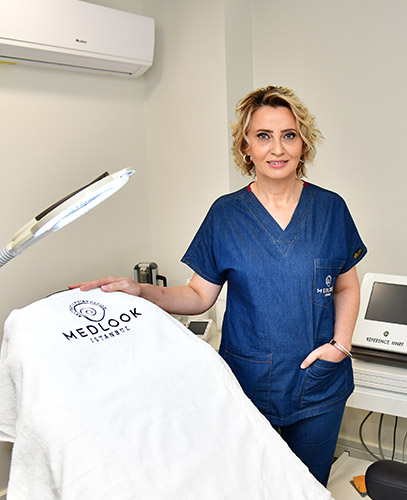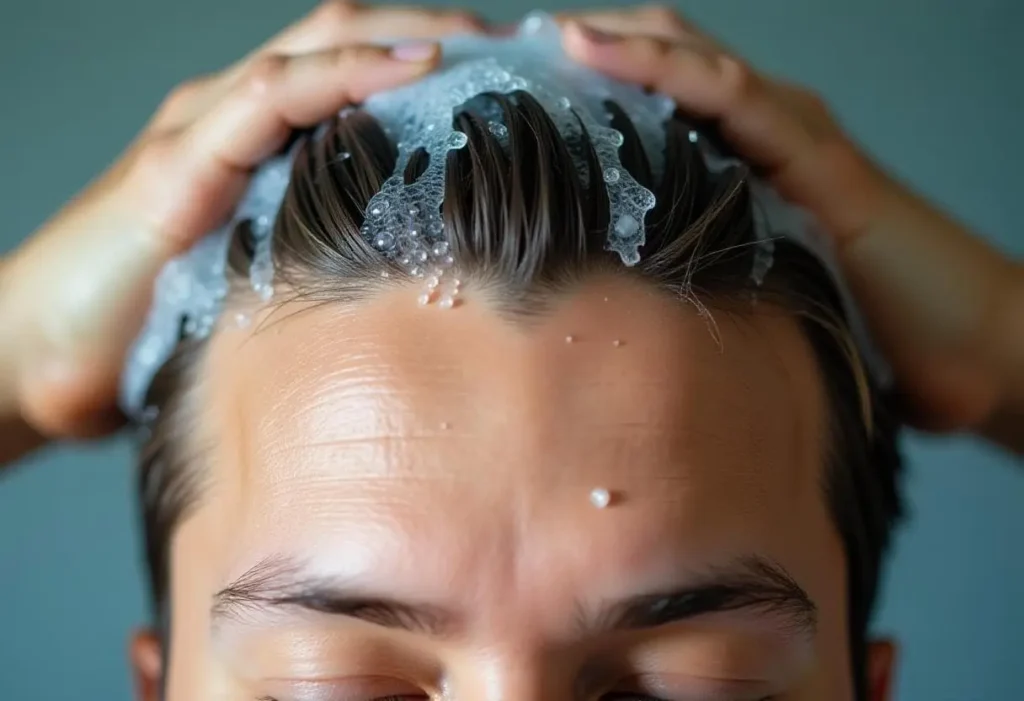
Losing your hair can be a distressing experience, leaving you searching for answers and solutions. While genetics, hormones, and stress often play a significant role, could something as simple as your shampoo be contributing to the problem? Let’s delve into the relationship between shampoo and hair loss, separating the myths from the facts.
The Link Between Shampoo and Hair Loss
Let’s address the burning question: Can your shampoo directly cause hair loss? The answer is a bit more nuanced than a simple yes or no.
Can Shampoo Directly Cause Hair Loss?
In most cases, shampoo itself doesn’t directly cause hair loss. Hair loss is often triggered by underlying factors such as genetics, hormonal imbalances, medical conditions, or stress. However, your choice of shampoo and how you use it can certainly contribute to hair damage and breakage, which may give the illusion of hair loss.
Think of your hair like a delicate fabric. Harsh shampoos, much like harsh detergents, can strip away natural oils, leaving your hair dry, brittle, and prone to breakage. This breakage can make your hair appear thinner and less voluminous, leading you to believe you’re experiencing hair loss when in reality, it’s hair damage.
So while your shampoo might not be the sole culprit behind your hair loss, it’s crucial to choose the right products and use them correctly to maintain the health and strength of your hair. Let’s explore further how shampoo can affect your hair health and which ingredients to watch out for.
How Shampoo Can Affect Hair Health

While shampoo’s primary function is to cleanse your hair and scalp, it can inadvertently impact your hair’s overall health and even contribute to hair loss in certain cases. Let’s take a closer look at how shampoo can affect your hair and the factors to consider when choosing the right product.
Ingredients in Shampoos That May Contribute to Hair Loss
Not all shampoos are created equal, and some contain ingredients that can be detrimental to your hair health. These ingredients can strip your hair of its natural oils, irritate the scalp, and weaken hair follicles, potentially leading to increased hair shedding and breakage. Some common culprits to watch out for include:
- Sulfates: These harsh detergents are responsible for creating that rich lather we often associate with a good shampoo. However, they can also strip the scalp and hair of natural oils, leaving them dry and prone to breakage.
- Parabens: These preservatives are used to extend the shelf life of shampoos, but they have been linked to hormonal disruptions and potential hair follicle damage.
- Formaldehyde: This chemical is sometimes used as a preservative in shampoos, but it can irritate the scalp and cause allergic reactions in some individuals.
- Alcohol: While alcohol can help remove excess oil from the scalp, it can also be drying and lead to hair breakage, especially when used in high concentrations.
- Artificial Fragrances and Colors: These additives may contribute to scalp irritation and allergic reactions, potentially exacerbating hair loss in sensitive individuals.
The Impact of Harsh Chemicals on the Scalp and Hair Follicles
Harsh chemicals in shampoos can disrupt the delicate balance of your scalp’s microbiome, leading to dryness, irritation, and inflammation. This can weaken hair follicles, making them more susceptible to damage and shedding. In severe cases, prolonged exposure to harsh chemicals can even lead to hair loss conditions like telogen effluvium.
pH Levels and Their Importance for Scalp Health
The pH level of your shampoo also plays a role in hair health. The ideal pH for your scalp is slightly acidic, around 5.5. Using shampoos with a high pH can disrupt the scalp’s natural balance, leading to dryness, irritation, and potential hair damage.
Choosing a shampoo with a pH level close to that of your scalp can help maintain a healthy environment for hair growth.
Identifying the Wrong Shampoo for Your Hair Type
Just like our skin, our hair comes in different types, each with its own unique needs. Using the wrong shampoo can disrupt the delicate balance of your scalp and hair, leading to a host of problems, including dryness, irritation, and even hair loss. Let’s explore how to identify if your shampoo is doing more harm than good.
Different Hair Types and Their Specific Needs
Understanding your hair type is the first step in choosing the right shampoo.
- Oily Hair: If your scalp tends to get greasy quickly, you’ll need a shampoo that effectively cleanses without stripping away too much natural oil. Look for clarifying shampoos with ingredients like tea tree oil or salicylic acid.
- Dry Hair: Dry hair requires a shampoo that provides hydration and nourishment. Shampoos with moisturizing ingredients like shea butter, coconut oil, or argan oil can help replenish lost moisture.
- Normal Hair: If your hair is neither too oily nor too dry, you have the luxury of choosing from a wider range of shampoos. Look for gentle, balanced formulas that maintain your hair’s natural moisture balance.
- Color-Treated Hair: Color-treated hair needs special care to preserve its vibrancy and prevent fading. Opt for color-safe shampoos that are free of harsh sulfates and contain ingredients that protect and nourish colored hair.
Signs Your Shampoo May Be Causing Hair Loss
If you notice any of the following signs after using a new shampoo, it might be time to switch to a gentler alternative:
- Excessive Hair Shedding: While some hair shedding is normal, a significant increase in hair loss after using a new shampoo could be a red flag.
- Dry and Brittle Hair: If your hair feels dry, brittle, and prone to breakage, your shampoo might be stripping away too much moisture.
- Scalp Irritation: Itching, redness, or flakiness on your scalp could indicate that your shampoo is irritating your skin, potentially leading to hair follicle damage.
- Dull and Lifeless Hair: If your hair lacks shine and vitality, your shampoo might be leaving behind residue that weighs it down and makes it look dull.
Remember, listening to your hair and scalp is key. If you experience any discomfort or changes in your hair’s health after using a new shampoo, don’t hesitate to switch to a different product.
In the next section, we’ll provide tips on choosing the right shampoo for healthy hair and explore the benefits of natural and sulfate-free options.
Choosing the Right Shampoo for Healthy Hair

Your shampoo plays a crucial role in maintaining the health and vitality of your hair. Selecting the right one can make a world of difference, especially if you’re concerned about hair loss. Let’s explore some key factors to consider when choosing a shampoo that promotes healthy hair growth.
Key Ingredients to Look For in Hair-Loss Prevention Shampoos
When battling hair loss, it’s wise to look for shampoos that contain ingredients known to support hair health and growth. These may include:
- Biotin: This B vitamin is essential for healthy hair growth and can help strengthen hair strands, reducing breakage.
- Keratin: Keratin is the protein that makes up your hair. Shampoos with keratin can help repair damaged hair and improve its strength and elasticity.
- Caffeine: Caffeine has been shown to stimulate hair follicles and promote hair growth.
- Saw Palmetto: This natural extract may help block the conversion of testosterone to DHT, a hormone that contributes to hair loss.
- Essential Oils: Certain essential oils, such as rosemary and peppermint, can stimulate blood flow to the scalp, potentially promoting hair growth.
Benefits of Natural and Sulfate-Free Shampoos
Natural and sulfate-free shampoos are gaining popularity due to their gentler approach to cleansing the hair and scalp.
- Sulfate-free shampoos avoid harsh detergents that can strip away natural oils, leaving your hair dry and brittle. They cleanse gently, maintaining the scalp’s natural moisture balance.
- Natural shampoos often contain plant-based ingredients and essential oils that nourish and strengthen hair, promoting healthy growth.
These shampoos are particularly beneficial for individuals with sensitive scalps or those experiencing hair loss.
Tips for Transitioning to a New Shampoo Without Causing Further Damage
Switching to a new shampoo can sometimes lead to a temporary adjustment period for your hair and scalp. Here are some tips to ensure a smooth transition:
- Gradual Introduction: Start by using the new shampoo once or twice a week, gradually increasing the frequency as your hair adjusts.
- Clarifying Shampoo: If you’re switching from a shampoo with heavy buildup, use a clarifying shampoo once to remove any residue before starting your new routine.
- Patience: It may take a few weeks for your hair to fully adjust to the new shampoo. Be patient and consistent with your routine.
Remember, choosing the right shampoo is just one piece of the puzzle when it comes to hair health. A holistic approach that includes a balanced diet, stress management, and proper hair care practices is essential for maintaining a healthy scalp and promoting optimal hair growth.
Other Factors That Contribute to Hair Loss
While shampoo choices can play a role in hair health, it’s important to recognize that hair loss is often a complex issue with various contributing factors. Understanding these underlying causes is crucial for effectively addressing hair loss and finding the right solutions.
Genetics
Genetics plays a significant role in determining your predisposition to hair loss. Androgenetic alopecia, also known as male or female pattern baldness, is the most common cause of hair loss and is largely hereditary. If you have a family history of hair loss, you might be more susceptible to experiencing it yourself.
Hormonal Imbalances
Hormonal fluctuations can disrupt the normal hair growth cycle, leading to increased shedding and hair thinning. Conditions such as thyroid disorders, polycystic ovary syndrome (PCOS), and pregnancy can all impact hormone levels and contribute to hair loss.
Medical Conditions
Several medical conditions can trigger hair loss. These include autoimmune diseases like alopecia areata, scalp infections, and certain medications used to treat various illnesses. It’s important to consult a doctor if you suspect an underlying medical condition might be contributing to your hair loss.
Stress
Chronic stress can wreak havoc on your overall health, including your hair. High levels of stress can disrupt the hair growth cycle and lead to a condition called telogen effluvium, where a large number of hair follicles enter the resting phase, causing increased shedding. Managing stress through relaxation techniques, exercise, and healthy lifestyle choices can help protect your hair.
Nutritional Deficiencies
Your hair needs a variety of nutrients to grow strong and healthy. Deficiencies in essential vitamins and minerals, such as iron, zinc, and biotin, can weaken hair follicles and contribute to hair loss. Ensuring a balanced diet rich in these nutrients is crucial for maintaining healthy hair.
Remember, hair loss can have multiple causes, and it’s essential to identify the underlying factors to develop an effective treatment plan. If you’re concerned about hair loss, consult a doctor for a proper diagnosis and personalized recommendations.
Additional Tips to Prevent Hair Loss
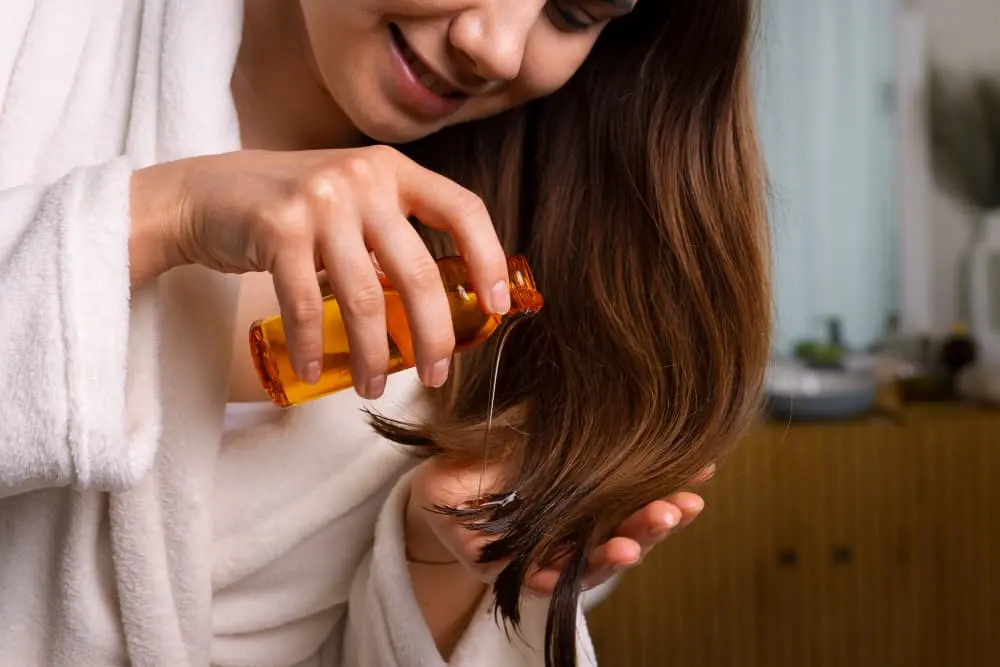
While choosing the right shampoo is important, it’s just one piece of the puzzle in maintaining a healthy head of hair. A holistic approach that addresses various lifestyle and hair care practices can significantly reduce the risk of hair loss and promote optimal hair growth.
Proper Hair Care Practices Beyond Shampooing
- Gentle Brushing and Combing: Avoid harsh brushing or combing, especially when your hair is wet. Use a wide-toothed comb or a brush with soft bristles to detangle your hair gently.
- Minimize Heat Styling: Frequent use of hot styling tools like hair dryers, straighteners, and curling irons can damage hair and lead to breakage. Limit the use of these tools and always apply a heat protectant spray beforehand.
- Avoid Tight Hairstyles: Tight hairstyles like ponytails, braids, and buns can put stress on hair follicles and lead to traction alopecia. Opt for looser hairstyles that allow your hair to breathe.
- Protect Your Hair from the Sun: Excessive sun exposure can damage hair and contribute to dryness and breakage. Wear a hat or scarf to protect your hair from the sun’s harmful rays.
Maintaining a Balanced Diet and Nutrition for Hair Health
Your diet plays a crucial role in hair health. Ensure you’re getting enough of the essential nutrients that support hair growth.
- Protein: Hair is primarily made of protein, so make sure you’re consuming enough protein-rich foods like lean meats, fish, eggs, beans, and nuts.
- Iron: Iron deficiency is a common cause of hair loss, especially in women. Include iron-rich foods like spinach, lentils, and red meat in your diet.
- Vitamins and Minerals: Vitamins like biotin, vitamin D, and B vitamins, along with minerals like zinc and selenium, are essential for healthy hair growth. Incorporate a variety of fruits, vegetables, and whole grains into your diet to ensure you’re getting these nutrients.
Managing Stress to Support Healthy Hair Growth
Chronic stress can trigger or worsen hair loss. Finding healthy ways to manage stress, such as exercise, meditation, or spending time in nature, can benefit your overall health, including the health of your hair.
Remember, preventing hair loss involves a multi-faceted approach. By adopting healthy hair care practices, nourishing your body with a balanced diet, and managing stress, you can create an optimal environment for your hair to thrive.
Recent Posts
-
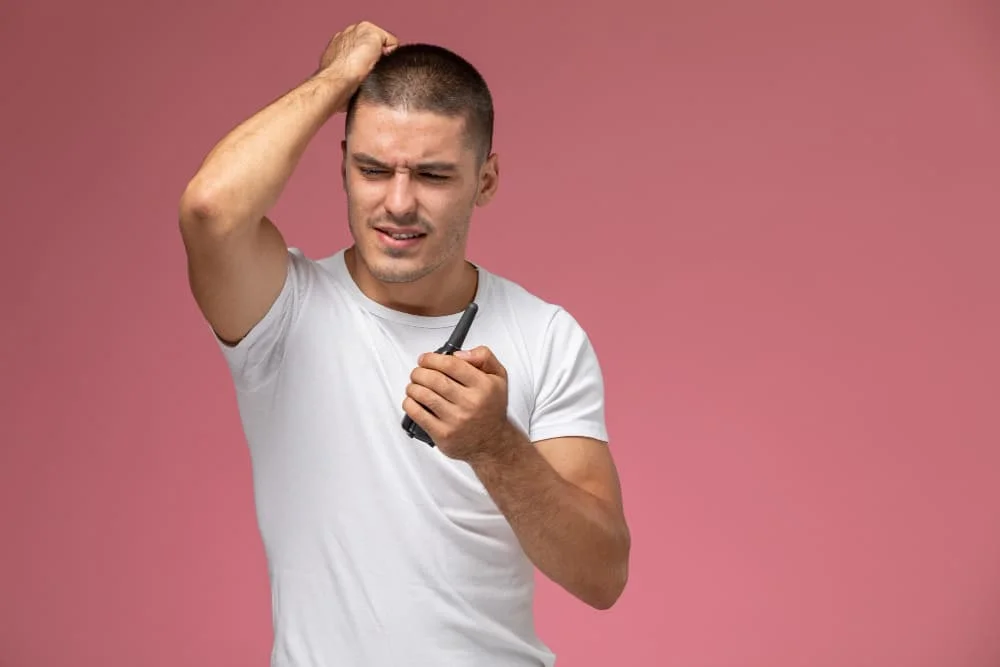 Does Creatine Cause Hair Loss? Separating Fact from Fiction21 Jan 2025
Does Creatine Cause Hair Loss? Separating Fact from Fiction21 Jan 2025 -
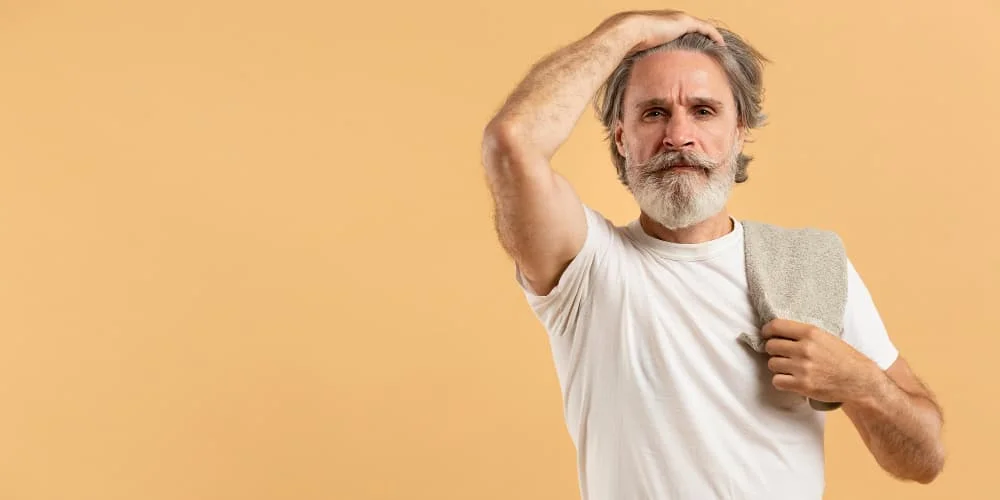 How Long Does Hair Transplant Last? A Comprehensive Guide to Long-Term Results15 Jan 2025
How Long Does Hair Transplant Last? A Comprehensive Guide to Long-Term Results15 Jan 2025 -
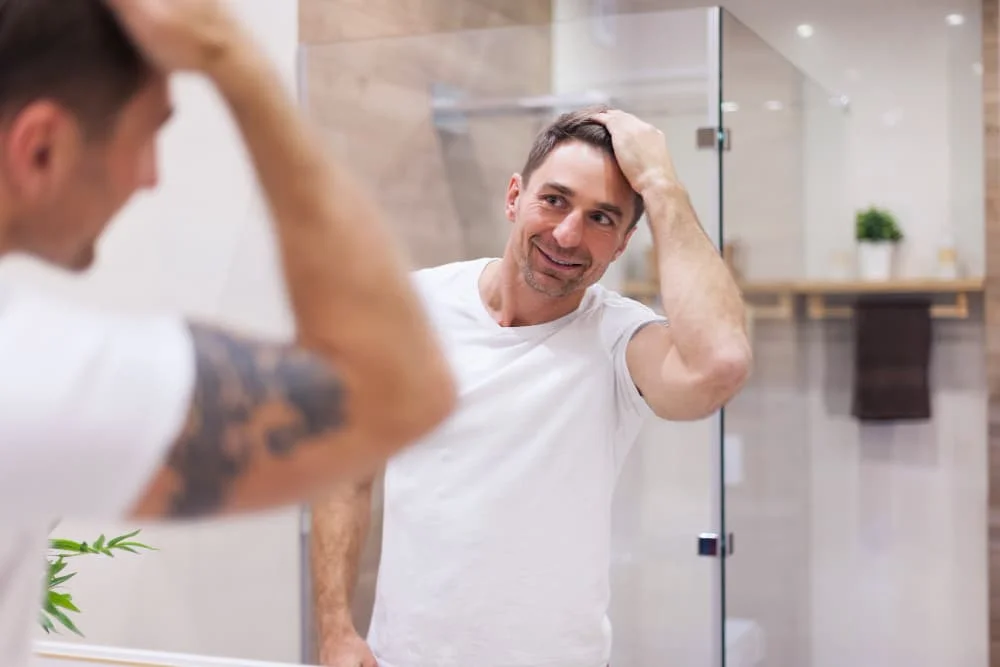 Hair Loss After Hair Transplantation: Is It Normal and What to Do?13 Jan 2025
Hair Loss After Hair Transplantation: Is It Normal and What to Do?13 Jan 2025 -
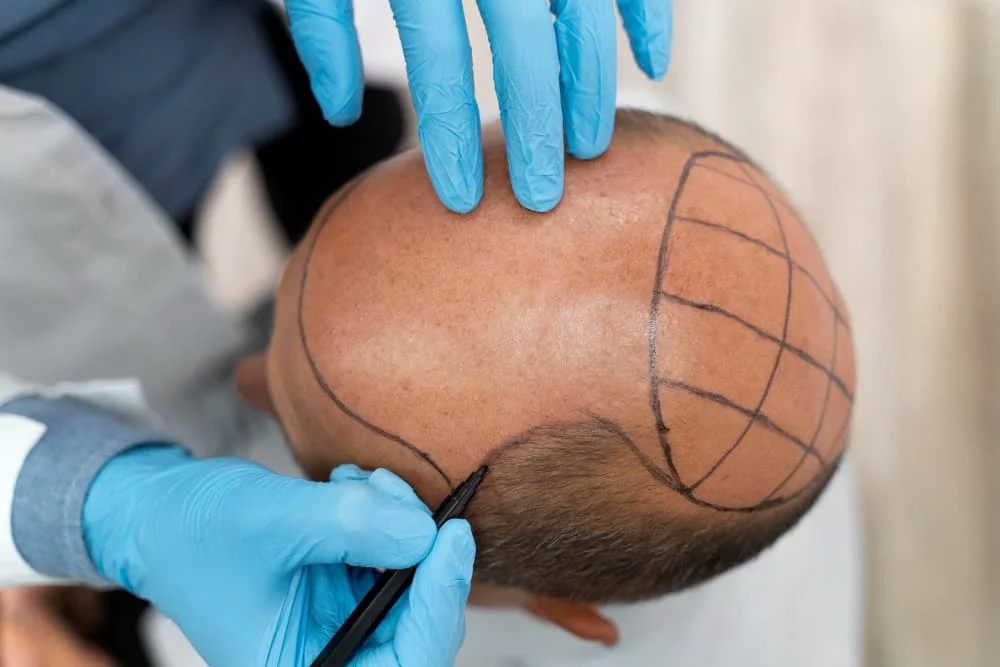 Donor Area in Hair Transplant: All You Need to Know - Istanbul Hair Institute06 Jan 2025
Donor Area in Hair Transplant: All You Need to Know - Istanbul Hair Institute06 Jan 2025 -
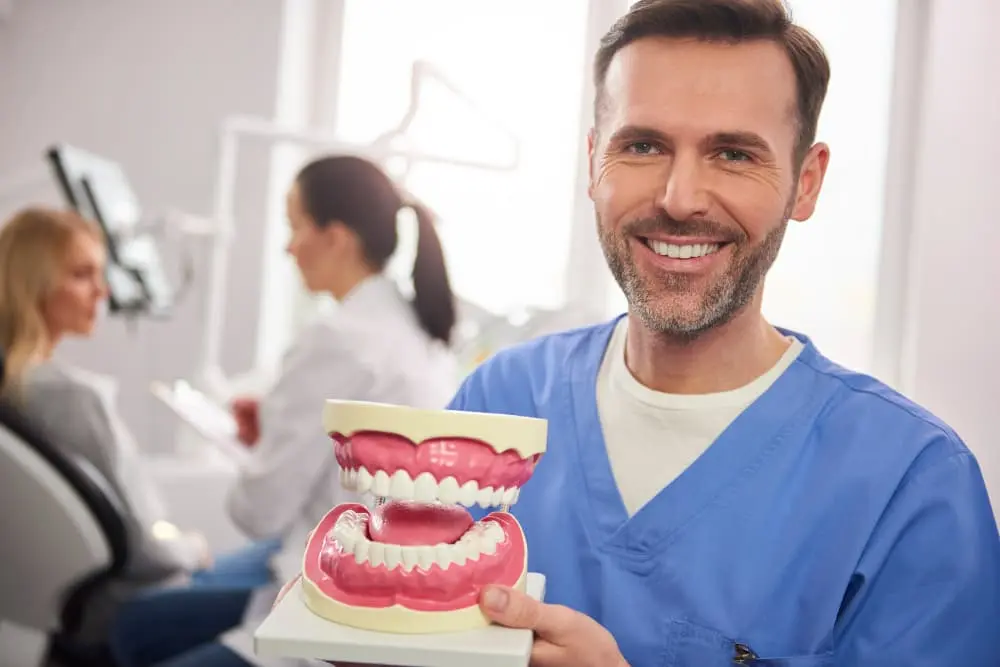 The Connection Between Oral Health and Overall Health03 Jan 2025
The Connection Between Oral Health and Overall Health03 Jan 2025
